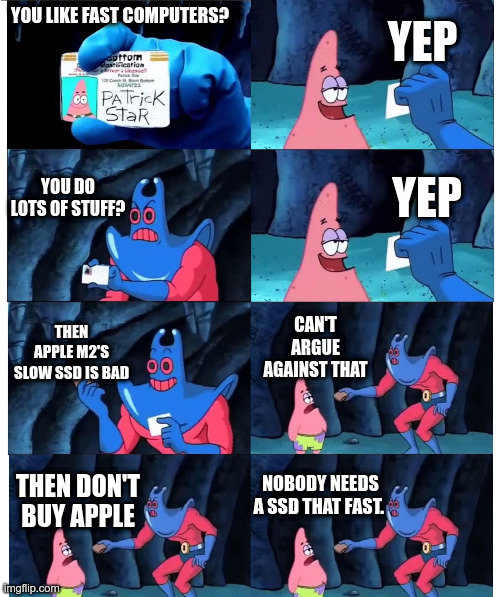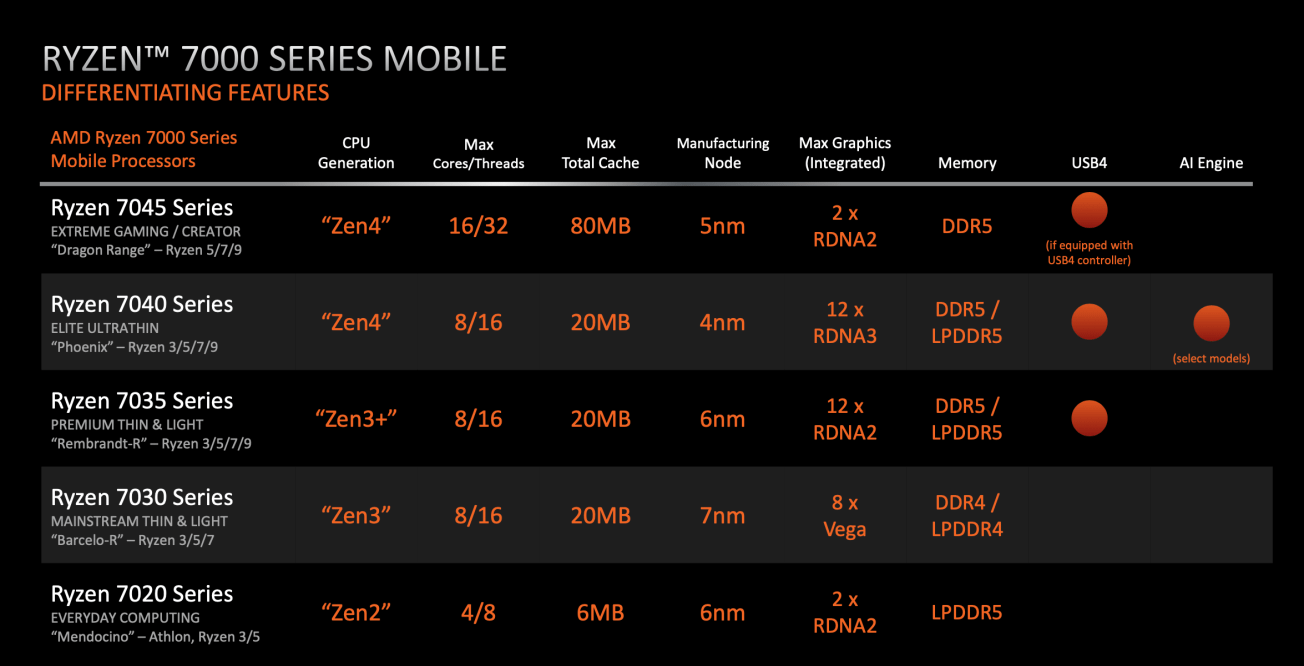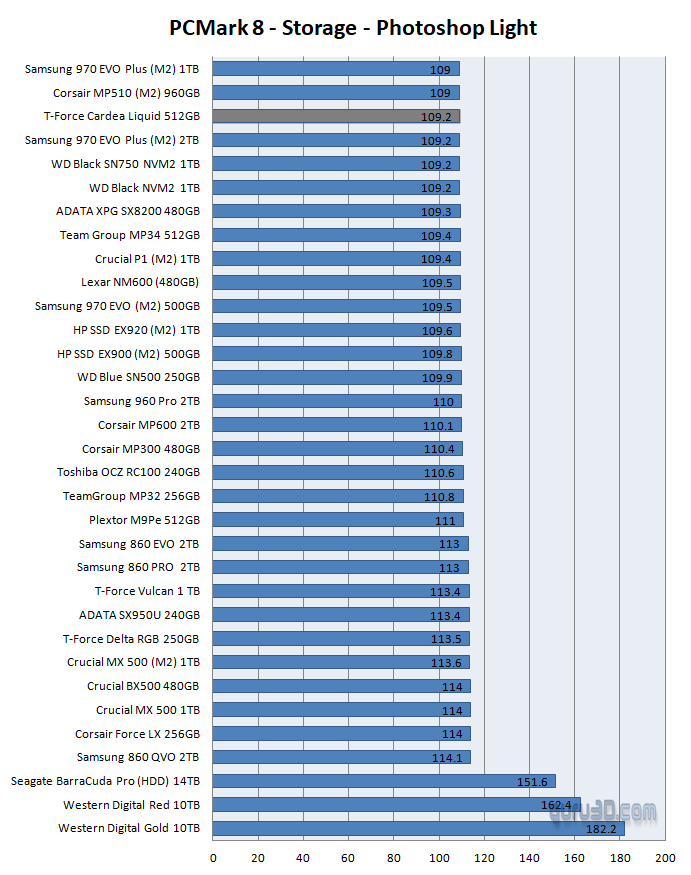If Apple wanted to yeah they could no problem, but then they would need to develop and maintain a closed-source Linux distribution, otherwise they would be releasing too much information about their platform which would be a huge boost to all those groups trying to get Linux on the M platform, which Apple does not want.That might be true at the consumer level, but nVidia has been showing off Grace, and I'm fairly sure most of the server/high-end compute market is interested.
If Apple wanted to, they could probably re-enter the server market. I just don't think they have an interest in the support part of the market that top end vendors need to have. The irony there is that Mac Mini's are getting used a lot as dev servers.
Apple is unique in that they are a services platform, not a hardware one, they just make sure that its hardware is in a state that it can offer the "best" experience for its services.
The Mac Mini is a great little dev box, it is a beefed-up iPad Pro, and anything that runs smoothly there will work on the iPad platform in a nearly identical fashion while being generally inexpensive. If you wake up one day and you want to make an app, then it really is your best option.
![[H]ard|Forum](/styles/hardforum/xenforo/logo_dark.png)


